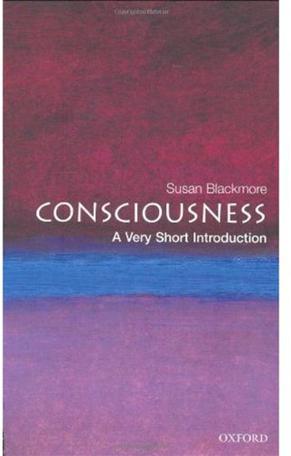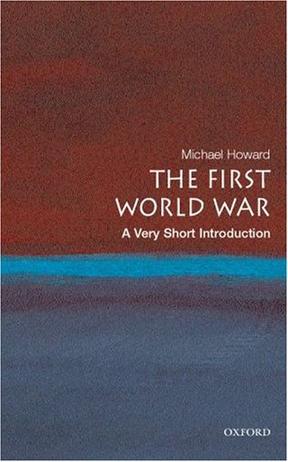-

Memory
Why do we remember events from our childhood as if they happened yesterday, but not what we did last week? Why does our memory seem to work well sometimes and not others? What happens when it goes wrong? Can memory be improved or manipulated, by psychological techniques or even 'brain implants'? How does memory grow and change as we age? And what of so-called 'recovered' memories? This book brings together the latest research in neuroscience and psychology, and weaves in case-studies, anecdotes, and even literature and philosophy, to address these and many other important questions about the science of memory - how it works, and why we can't live without it. -

Consciousness
Consciousness, 'the last great mystery for science', has now become a hot topic. How can a physical brain create our experience of the world? What creates our identity? Do we really have free will? Could consciousness itself be an illusion? Exciting new developments in brain science are opening up debates on these issues, and the field has now expanded to include biologists, neuroscientists, psychologists, and philosophers. This controversial book clarifies the potentially confusing arguments, and the major theories using illustrations, lively cartoons, and experiments. Topics include vision and attention, theories of self and will, experiments on action and awareness, altered states of consciousness, and the effects of brain damage and drugs. -

Postcolonialism
This innovative and lively book is quite unlike any other introduction to postcolonialism. Robert Young examines the political, social, and cultural after-effects of decolonization by presenting situations, experiences, and testimony rather than going through the theory at an abstract level. He situates the debate in a wide cultural context, discussing its importance as an historical condition, with examples such as the status of aboriginal people, of those dispossessed from their land, Algerian rai music, postcolonial feminism, and global social and ecological movements. Above all, Young argues, postcolonialism offers a political philosophy of activism that contests the current situation of global inequality, and so in a new way continues the anti-colonial struggles of the past. -

Art History
This clear and concise new introduction examines all the major debates and issues using a wide range of well-known examples. It discusses the challenge of using verbal and written language to analyse a visual form. Dana Arnold also examines the many different ways of writing about art, and the changing boundaries of the subject of art history. Topics covered include the canon of Art History, the role of the gallery, 'blockbuster' exhibitions, the emergence of social histories of art (Feminist Art History or Queer Art History, for example), the impact of photography, and the development of Art History using artefacts such as the altarpiece, the portrait, or pornography, to explore social and cultural issues such as consumption, taste, religion, and politics. Importantly, this book explains how the traditional emphasis on periods and styles originates in western art production and can obscure other critical approaches, as well as art from non western cultures. -

Capitalism
This Introduction explores the origins of capitalism and questions whether it did indeed originate in Europe. It examines a distinctive stage in the development of capitalism that began in the 1980s, in order to understand where we are now and how capitalism has evolved since. The book discusses the crisis tendencies of capitalism--including the S.E. Asian banking crisis, the collapse of the Russian economy, and the 1997-1998 global financial crisis--asking whether capitalism is doomed to fail. In the end, the author ruminates on a possible alternative to capitalism, discussing socialism, communal and cooperative experiments, and alternatives proposed by environmentalists. -

The First World War
By the time the First World War ended in 1918, eight million people had died in what had been perhaps the most apocalyptic episode the world had known. This Very Short Introduction provides a concise and insightful history of the 'Great War', focusing on why it happened, how it was fought, and why it had the consequences it did. It examines the state of Europe in 1914 and the outbreak of war; the onset of attrition and crisis; the role of the US; the collapse of Russia; and the weakening and eventual surrender of the Central Powers. Looking at the historical controversies surrounding the causes and conduct of war, Michael Howard also describes how peace was ultimately made, and the potent legacy of resentment left to Germany.